Nintendo Switch hands-on: is this Nintendo's big return?
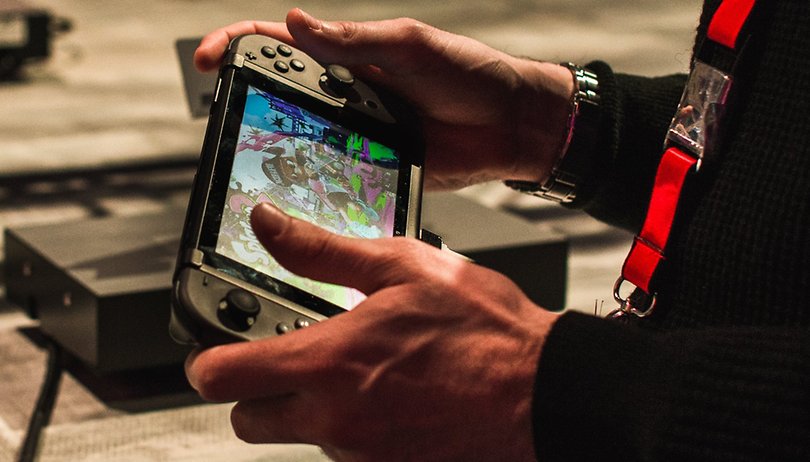

As you may have heard, Nintendo just unveiled its new console, the Nintendo Switch. The Switch is a hybrid console, that is to say, it is a portable console but also a conventional console that sits in your living room. So, it's a mix between the 3Ds, the Wii and Wii U. We had the pleasure of being invited to give it a try. Here are our first impressions of the console ahead of its March 3 release.
Nintendo Switch release date and price
The Nintendo Switch will be available from March 3 for $299. Pre-orders have been open since the unveiling on January 13. Like what happened to the re-issue of the NES last Christmas, we can expect the console to sell out quickly. There will be two versions: one with two grey Joy-Con controllers, and one with both a bright red and a bright blue Joy-Con.
There will be many accessories also, for instance, the Controller Pro for players who find the standard Joy-Con controller too small for their hands.
Nintendo Switch design and build quality
The Nintendo Switch is a console unlike any other we've seen on the market thus far, since it is completely hybrid - meaning it is a portable console, but also a conventional console that sits in your living room.
In terms of its form, the Switch has several parts. It is mainly a tablet which connects to a docking station. The tablet, which is the centerpiece of the product, has a 6.2-inch HD display. There are also two Joy-Con (L) and Joy-Con (R) controllers, a Joy-Con Grip (with which the two Joy-Cons can be combined to form a single controller), two Joy-Con straps (to help avoid throwing your controller at the TV unintentionally) and the Nintendo Switch docking station (which holds the tablet piece and connects it to your TV).
If you're a Lego or Transformers fan, you'll be delighted with the design that allows you to assemble all the parts any which way. With this console, Nintendo caters to all types of gamers.
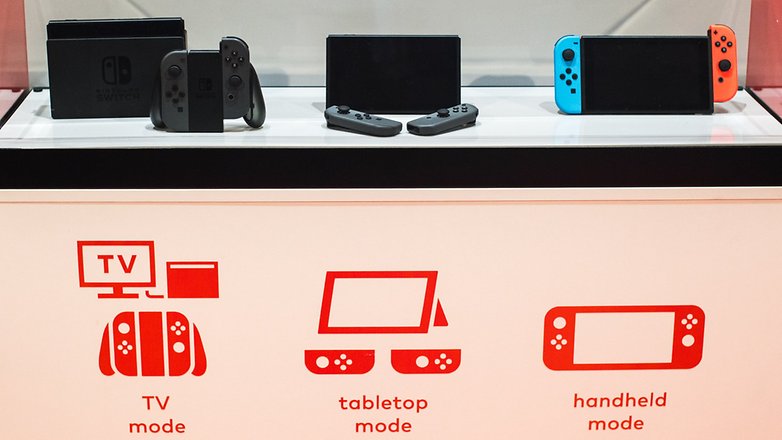
Aesthetically, the Switch is totally alien. Its look is original and instantly recognizable. The design is novel and clever, like a "Toyota Prius of video gaming." It's not a novelty for Nintendo like we've seen occasionally in the past. With regard to color choice, Nintendo played it safe with grey. Only the blue and red color controllers will brighten it up.
The Switch also marks a clear progression in build quality for Nintendo. The adjustments in design are solid and well put-together. It doesn't feel like a toy. The plastics are quality and the console doesn't squeak or crack as you attach and detach the Joy-Cons from the screen.
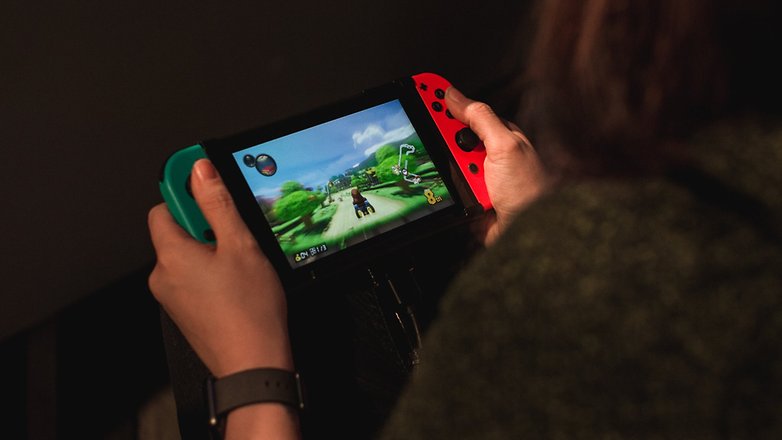
The game cards for the Nintendo Switch, which are like tiny game cartridges, are inserted on the top left, but I didn't have the opportunity to test this. At the top, you will find the power and volume buttons, while the speakers are at the bottom. On the back, there is a stand which should make using the Switch a bit more comfortable.
In terms of grip, it is on the whole good, but there are different ways of using the hybrid console. On the go, it is impressively comfortable to hold. It is lightweight at around 300 grams. When using the console in your living room, the only change in experience from a conventional console is the controllers.
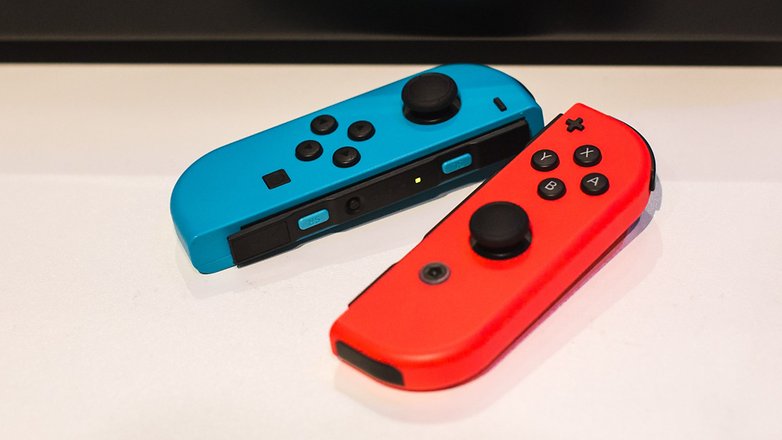
A note on the controllers
The Switch has various gameplay options. The two Joy-Con controllers that come with the console can be used in several ways. They connect to the Switch with Bluetooth 3.0. The Joy-Cons have an accelerometer and a gyroscope, but only the right one has NFC (for using with Amiibo). Each controller comes with a lithium ion non-removable, non-replaceable 525 mAh battery. Opposed to the simple straps of the Wii and Nunchuk, the Joy-Con strap has a tiny plastic part which slides to ensure secure attachment.
With an approximate size of 106.4 mm x 34.4 mm (according to Ars Technica, since Nintendo has not officially communicated this information), the Joy-Con controllers are relatively small. It's even smaller than an original NES controller. However, they are very pleasant to use, both in the "Wiimote" and "classic controller" formats. They are not revolutionary, but they innovate slightly in the sense that they offer different experiences. The controllers can also vibrate in different places.
The Joy-Con controllers are even smaller than those of the original NES
The left and right controllers are distinguishable by the location of the joystick. Note that the right Joy-Con also has an IR motion camera that can detect the distance and shape of objects during certain games. Despite having joysticks in different positions, both the left and right controllers have easy to reach controls and the buttons aren't too hard to press.
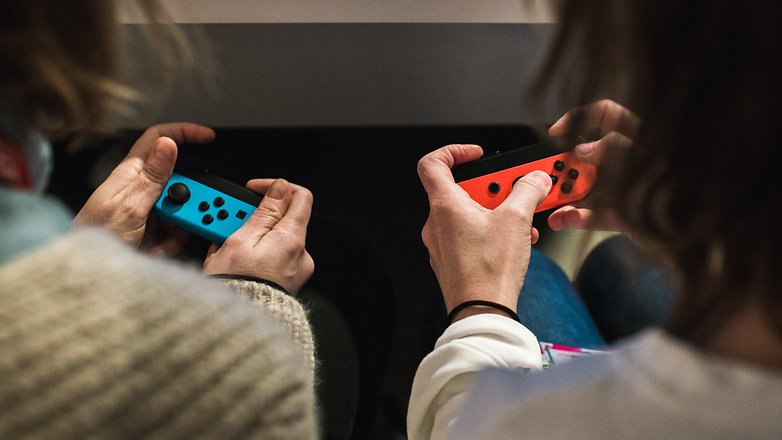
Many question the playability of the console when using the Joy-Cons in the standard console mode. This is to be expected due to the relatively small size. But, personally, it didn't bother me much. After a while though, I admit, your thumbs may suffer. Fortunately, for long gameplay, Nintendo has another solution: the Controller Pro, which resembles the standard controller design of the Xbox, with two asymmetric analog joysticks.
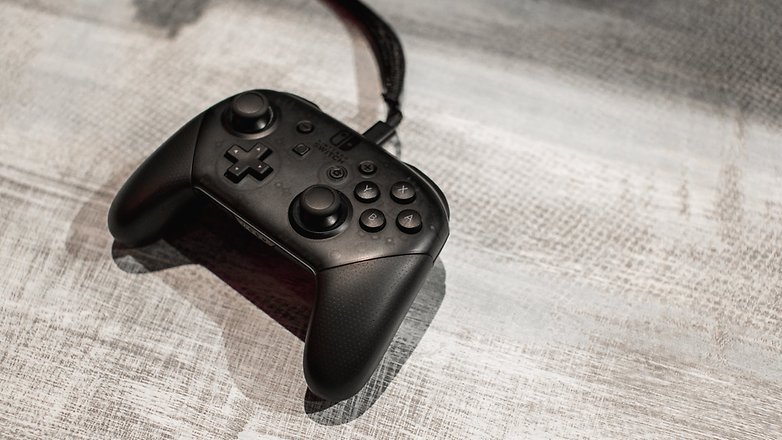
It's advisable to remain cautious, since my opinions on these controllers were based on a relatively short gaming experience. It will take hours of testing to really get a feel of the product and give a full review.
A note on the dock
The docking station for the Switch links the tablet and the TV via HDMI. The Switch plugs into the dock via USB-C port on the bottom. This port is also used for recharging the console. The positioning of this port begs another question. If you want to play in tablet mode with the stand and charge the tablet simultaneously, the headphone jack on the top is more logical.
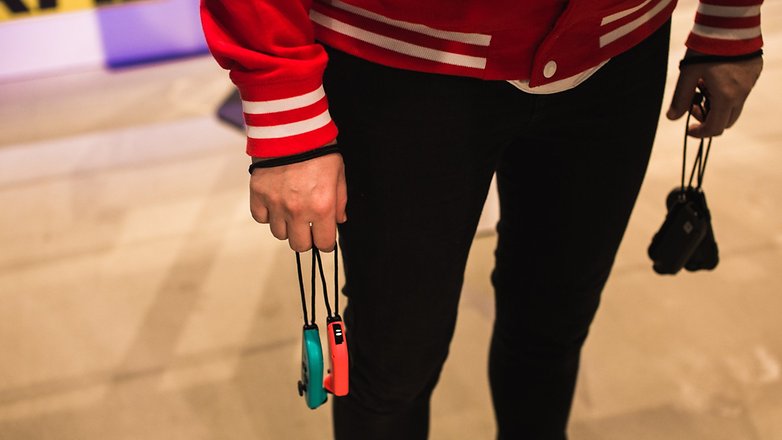
Nintendo Switch display
The Switch has a 6.2-inch HD display. A priori, it would be an LCD screen (certainly IPS) but Nintendo did share the official tech specs at the time. HD, which may seem weak for some on paper, is plenty when you're on the go. The colors are warm and the games adapt very well to the format. The contrast and brightness of the Switch are fine. You can clearly see an improvement in line with the screen of the GamePad of the Wii U. This choice of definition HD is mainly explained by the graphic limits of the console.
When you connect the console to your TV, it transforms into Full-HD
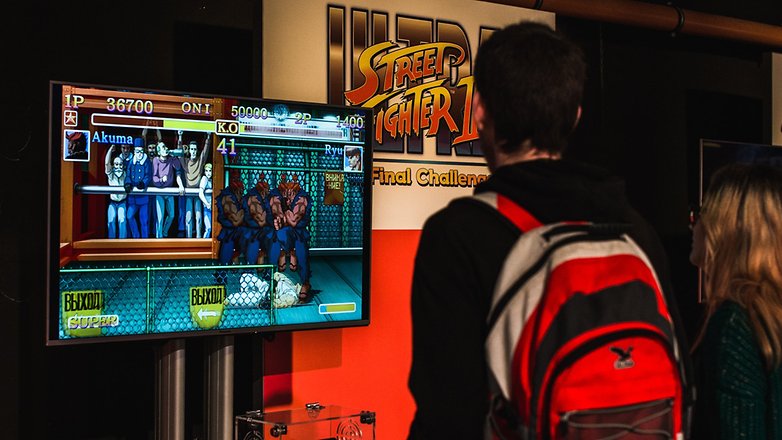
Nintendo Switch special features
Backward compatibility
Nintendo hasn't said anything clear or definitive on the subject, but it has hinted that you can only use peripherals and games designed for the Switch. In other words, no backward compatibility. So, forget your games and accessories from the Wii, Wii U and your 3DS as you get out your credit card. But you can console yourself with the fact that the Switch will be region free (a first for Nintendo), meaning you can play games from anywhere in the world on it.
Online multiplayer mode
At launch, Nintendo will offer its online multiplayer service for free, but starting in Fall, it will change over to a paid model. Nintendo did not say what the price will be, so that will remain a mystery for now. You will be able to use your smartphones and tablets to organize games with your friends online.
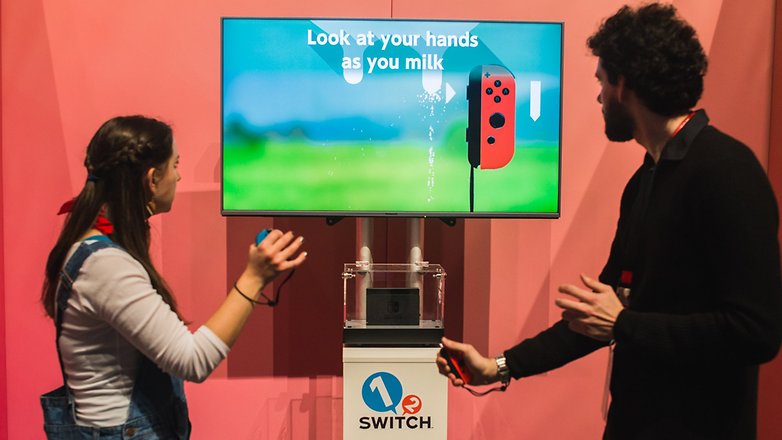
Games available at launch
The list of games available at launch is also not too long, as only a few will be available. Fortunately, the new Zelda (Legend of Zelda: Breath of the Wild) will be available, and just for this, getting the console is worth it. Two other titles available at launch will be Skylanders Imaginators and Just Dance 2017, which is already available on the PS4 and Xbox One.
Let's start with the new Zelda game, which is the most interesting of the bunch. The new opus of the series looks good, but might disappoint some fans of the series. The game is fluid (I had some slowdowns but it was confirmed to me that the problem will be solved for the launch), the world is vast and pleasant to traverse. In short, there are some very good hours of gameplay here and clearly this is the flagship game of the Nintendo Switch's launch.
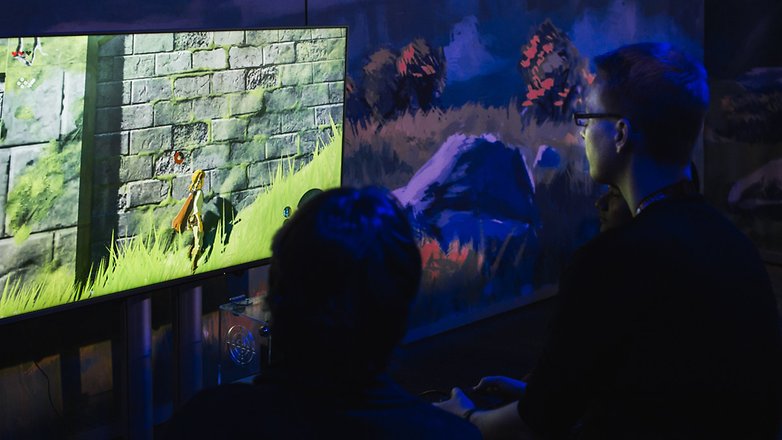
Mario Kart 8 Deluxe is a port of Mario Kart 8 from the Wii U plus all of its DLCs, so nothing new. It remains a pleasant classic.
"1, 2, Switch" is a condensed mini-game that highlights the Joy-Con. You can learn to open a safe with the controller, milk a cow, play a samurai and dance. It's fun and shows the family-friendly nature of the console.
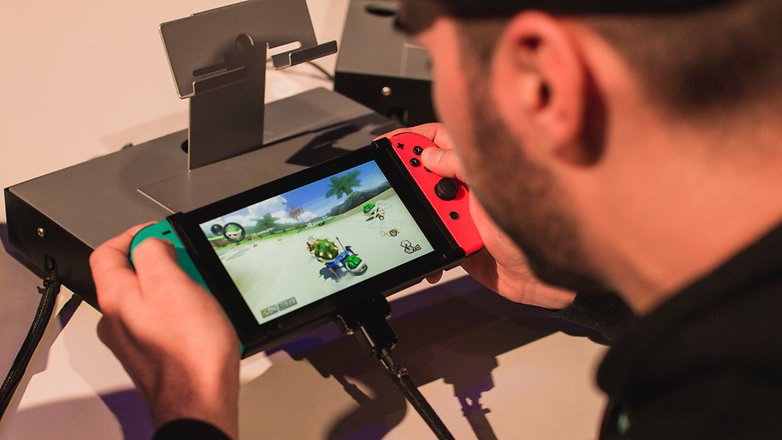
Arms is a new title to be released in the Spring. It is an heir to the Wii Box game. Just use the Joy-Con as a boxing glove. The graphics are good and the gameplay is fun with friends.
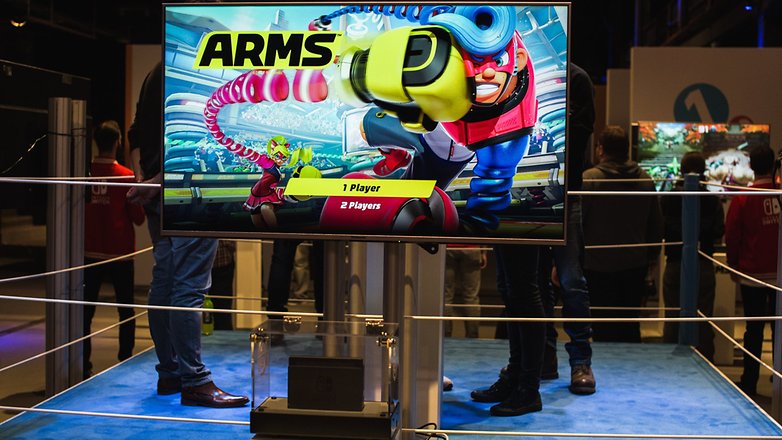
Another word, this time on Splatoon 2, whose release is planned this summer. This one brings a lot of new features. As soon as the controller in your hands, it is a pleasure to play, and it is always funny and colorful.
Other games are also in the works. Nintendo explains that 80 games are currently in development for the console. As for Super Mario Odyssey, the most awaited game, it will land at the end of 2017 and no demo was shown to us at the time.
Nintendo Switch software
We know little to nothing about the software interface of the Switch. Nintendo did not want to give us more details or even give us a presentation. The Switch has an Nvidia Tegra processor, so one can reasonably assume that the console runs a modified version of Android. It should not be forgotten that this chip is present in the Nvidia Shield Tablet and in many Android Internet TV Boxes.
However, it is advisable to remain very careful about making these assumptions. Nintendo is known for developing its own solutions and it would not be surprising if the Japanese firm had designed its own system.
Nintendo Switch performance
Under the hood, it is likely (Nintendo has not officially communicated) to have an Nvidia Tegra X1 chip, the same as on the Nvidia Shield, but this one customized by Nintendo. Several sources confirmed to Digital Foundry that the Switch's GPU will run at two different clock speeds, depending on whether it is in its dock or is detached - and the difference between the two is huge.
When it is docked, the Switch GPU operates at a frequency of 768 MHz (this is already less than the 1 GHz of the Nvidia Shield). When used as a handheld console, the Switch is underclocked to the tune of 307.2 MHz.
However, while the performance of the GPU is variable, the other technical characteristics of the Switch are not. The four ARM A57 cores of its processor are expected to operate at 1020 MHz regardless of whether the console is on its dock or not.
There is 32 GB of internal memory, but you can also count on a microSD slot. Compared to the PS4 and Xbox One, this storage capacity may seem very low, but the two consoles are totally different, and Nintendo is still very attached to the concept of cartridges. In addition, microSD cards will continue to grow in terms of storage capacity in the coming years and their prices will also fall.
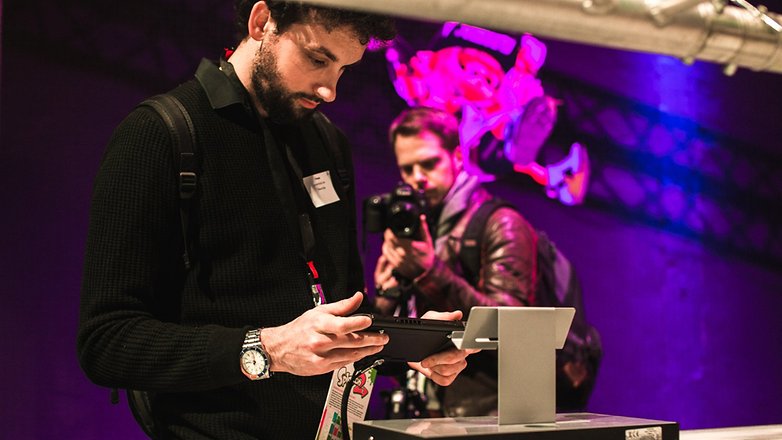
Does the Switch perform well? On the whole, yes. The console is not lightning fast, but it sufficed to run the games I played during the event. However, for future titles, I'm afraid they may be more demanding in terms of graphics.
Nintendo Switch battery
The battery life projected by Nintendo sits somewhere between 2.5 and six hours. The Japanese firm remains vague and disappointing on this front. For the Legend of Zelda: Breath of the Wild game, Nintendo says it will get 3 hours of battery life - which seems like the bare minimum amount of time needed to enjoy the game.
At first, glance, these numbers are worrisome. But only a full review will give us a definitive opinion on this, since it wasn't possible to test during the event.
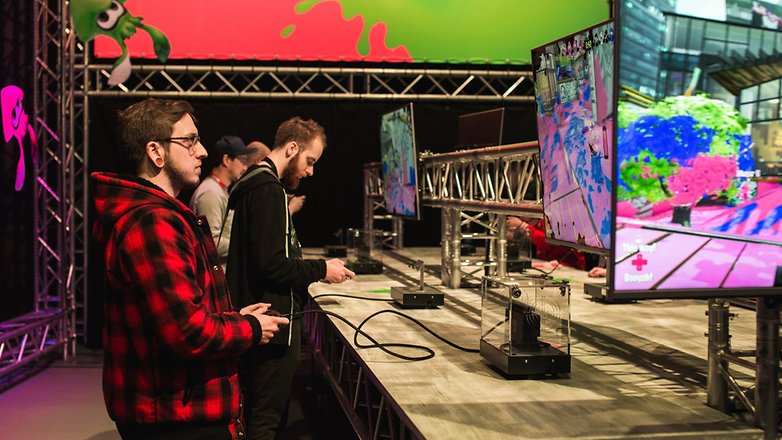
Nintendo Switch technical specifications
| Nintendo Switch | |
|---|---|
| System | - |
| Display | LCD 6.2 inches 1,280 x 720 pixels |
| Processor | 4 core ARM Cortex A57 (max 2 GHz) |
| Graphics chip | NVIDIA Maxwell 256 CUDA cores (max 1GHz) |
| RAM | 4 GB |
| Internal storage | 32 GB (MicroSD port: yes) |
| USB | USB 2.0/3.0 |
| Video playback | 1080p60 |
| Battery life | 2.5 to 6 hours |
| Price | $299 |
Early Verdict
Clearly, Nintendo knows how to make fun consoles for the whole family. The Japanese firm has been able to learn from some of their past mistakes to make a product that is flawlessly functional, like a portable Wii U crossed with a Wii.
However, the future success of the Nintendo Switch is in doubt due to the failure of the Wii U. There aren't going to be many initial titles available at launch, and so there isn't much of a reason to justify an immediate purchase. At $299, the console is on the expensive side. Add that to questions about the potential battery life and graphics performance and you can understand my doubts. If you're a fan of Zelda and you enjoy the Nintendo universe though, it's definitely worth keeping an eye on.

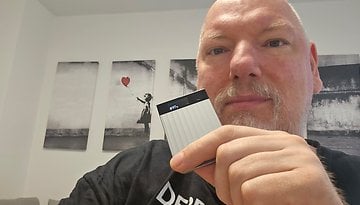


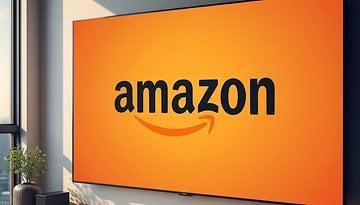
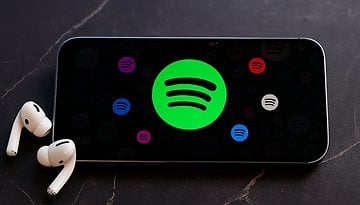

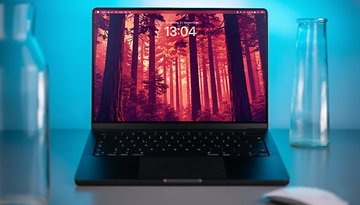
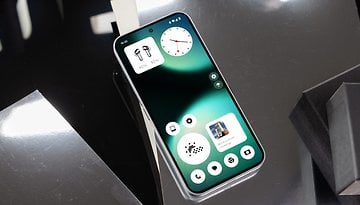
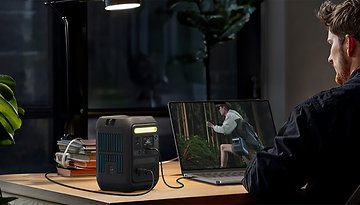
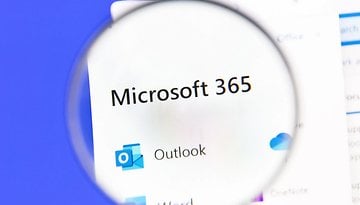

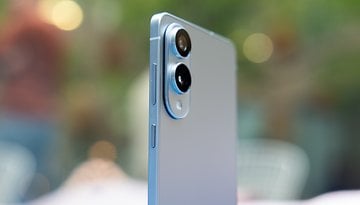


Its an ever come back...
prefer the old Nintendo consoles
Add a very good browser, multimedia player and I can replace almost 100% of my computer usage. Perfect. I love it
The Switch is Nintendo's first Region-Free HOME console, but not the first over all. That title goes to the original Game Boy, and that treat was trespassed through all of the Game Boy family and even into the Nintendo DS family of consoles. The 3DS can also play any DS game from any region, so there's also that.
Add a decent browser, a ebook reader and a multimedia player and I could replace 90% of the use I give to my tablet.
"Each Joy Con comes with a lithium ion non-removable, non-replaceable 525 mAh battery"
Wow if I ever thought of buying this console I absolutely wouldn't now! It's just a con to make you buy a $70 controller every year!
Hi Dazzler,
The Joy-Con controllers are rechargeable, so yearly replacement shouldn't be necessary.
dumbest thingiever read on the internet